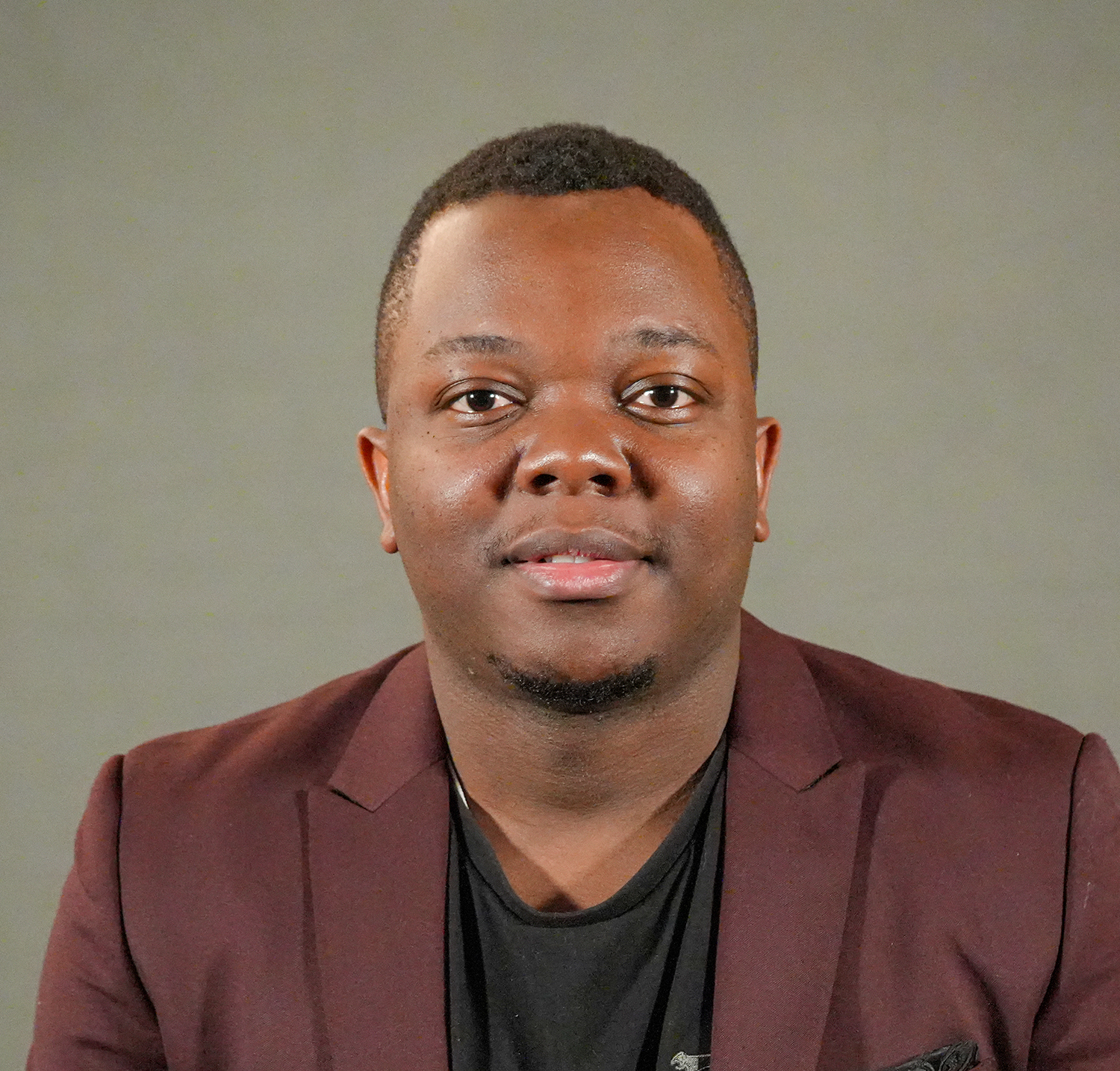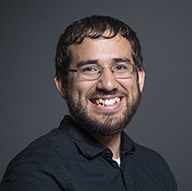Trainee Spotlight
Adu receives Africa Fund Fellowship

Oluwafemi Adu is a Ph.D. student in his third year of the Biomedical and Biological Sciences program and second year working in Dr. Colin Parrish’s lab. Adu was recently selected to receive the 2023 Africa Fund Fellowship, which provides one or two semesters of a stipend, full tuition and Cornell individual student health insurance to doctoral applicants who are citizens of an African country and not permanent residents of the U.S.
The Africa Fund Fellowship is one of several that the Cornell Graduate School administers each year for continuing students. Other awards include Provost Diversity Fellowships for Advanced Doctoral Students and the Hsien and Daisy Yen Wu Scholarships.
“A very big thank you to the Graduate School and African Fund selection committee for this wonderful fellowship,” said Adu. “This fellowship will enable me to concentrate all my attention on my research work for an entire semester, without the distraction of extra teaching duties.”
Adu’s current focus is on characterizing the B cell repertoire and dynamics in response to canine parvovirus (CPV) infection, or vaccination in dogs through next generation single cell sequencing. This will build preliminary findings from the Parrish lab obtained in studies of canine antibodies against CPV, which developed new methods for studying B cell responses in dogs.
“One of the goals of my project is to obtain a better understanding of the genetics of canine antibody genes in response to CPV infection or vaccination and develop improved tools for studying antigen-specific responses of veterinary importance in dogs,” said Adu. “Questions to be asked in biomedical research are endless, and it is a challenging yet highly rewarding undertaking. We get to contribute very significantly to the society.”
Adu, who has elected to use the Africa Fund Fellowship funding during fall 2023, actually joined the Baker community and the Parrish lab due to an initial interest in influenza viral entry.
“I found myself getting very interested in canine B cell work very quickly, which was at the time pioneered by a previous graduate student in the lab whom I was shadowing during my rotations,” said Adu. “The quiet, collegial and multidisciplinary environment at the Baker Institute resonates with my person, so at the end it was an easy choice for me. On the side, I still do a bit of influenza entry work.”
Following his semester abroad, Adu will return to Ithaca to continue his research and resume contributing to the work being done at Baker.
“The Baker Institute and the Parrish group is a community of very warm, supportive, respectful and highly smart individuals. It is an honor to be part of such a community.”
Villanueva awarded graduate fellowship to support colon cancer research
 Jonathan Villanueva, a Ph.D. student in the Biomedical and Biological Sciences program working in Dr. Charles Danko's lab, has been awarded a graduate fellowship from the Cornell College of Veterinary Medicine. The one-year grant will support Villanueva and his research on how different combinations of mutations in colon cancer result in unique tumor properties – a factor that could impact the effectiveness of potential treatments.
Jonathan Villanueva, a Ph.D. student in the Biomedical and Biological Sciences program working in Dr. Charles Danko's lab, has been awarded a graduate fellowship from the Cornell College of Veterinary Medicine. The one-year grant will support Villanueva and his research on how different combinations of mutations in colon cancer result in unique tumor properties – a factor that could impact the effectiveness of potential treatments.
"One of the major challenges in treating patients with colorectal cancer is inter-tumor heterogeneity," said Villanueva. "It's this idea that biological differences between tumors and patients can lead those tumors to exhibit unique behaviors and be receptive to different therapeutics."
Villanueva is attempting to explain that heterogeneity by collaborating with Dr. Lukas Dow and Dr. Shuibing Chen at Weill Cornell Medical, who have developed intestinal organoids – "little intestines in a dish" – engineered to harbor combinations of common colon cancer mutations. Villanueva uses techniques developed in the Danko lab to find out how unique mutational contexts drive changes to which genes are turned on and off in the cells. This relationship is important for understanding how inter-tumor heterogeneity affects cancer cell behaviors like the speed of growth.
"Jon Villanueva is a creative young scientist who will no doubt have a huge impact in the war on cancer," said Danko, an associate professor at the Baker Institute.
The College of Veterinary Medicine Graduate Fellowship will support Villanueva as he wraps up his graduate research and plans his next steps within academia. He plans to develop his own research program using genomics and bioinformatics techniques to study disease and to continue mentoring young scientists.


